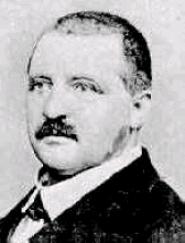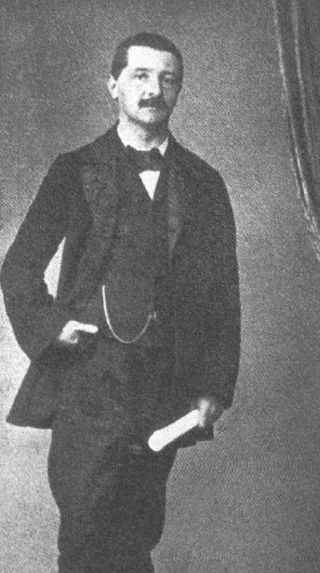
The Mass No. 3 in F minor, WAB 28, is a setting of the mass ordinary for vocal soloists, chorus and orchestra, and organ ad libitum, that Anton Bruckner composed in 1867–1868.

Anton Bruckner's Psalm 150, WAB 38, is a setting of Psalm 150 for mixed chorus, soprano soloist and orchestra written in 1892.

Psalm 146 in A major by Anton Bruckner is a psalm setting for double mixed choir, soloists and orchestra. It is a setting of verses 1 to 11 of a German version of Psalm 147, which is Psalm 146 in the Vulgata.

Bruckner's Psalm 22, WAB 34, is a setting of a German version of Psalm 23, which was psalm 22 in the Vulgata.

Bruckner's Psalm 114, WAB 36, is a psalm setting of verses 1 to 9 of a German version of Psalm 116, which is Psalm 114 in the Vulgata.

The Mass No. 1 in D minor, WAB 26 by Anton Bruckner, is a setting of the Mass ordinary for soloists, mixed choir and orchestra, and organ.

The Fest-Kantate Preiset den Herrn, WAB 16, is a festive cantata composed by Anton Bruckner in 1862 for the celebration of the laying of the foundation stone of the new Mariä-Empfängnis-Dom of Linz.

Germanenzug is a secular, patriotic cantata composed in 1863–1864 by Anton Bruckner on a text by August Silberstein.

The Messe für den Gründonnerstag, WAB 9, is a missa brevis composed by Anton Bruckner in 1844.
Matthew Best is an English bass singer and conductor, especially of vocal music. He founded the ensemble Corydon Singers in 1973 and won the Kathleen Ferrier Award in 1981. From 1985, he was also a guest conductor of the English Chamber Orchestra. His recordings with Corydon Singers were made on the Hyperion Records label and focus on choral music by the likes of Anton Bruckner, Johannes Brahms and Felix Mendelssohn. He is currently engaged as Music Director of the Academy Choir Wimbledon and as a Principal Study singing teacher at the Royal Northern College of Music.

Os justi, WAB 30, is a sacred motet composed by Anton Bruckner in 1879. Os Justi is a Gregorian chant used as gradual of the Commune Doctorum, and as introit I and gradual II of the Commune Confessoris non Pontificis.

The Marsch in E-flat major, WAB 116, is a military march composed by Anton Bruckner in 1865.
The Kitzler Study Book is an autograph workbook of Anton Bruckner which he wrote taking tuition with the conductor and cellist Otto Kitzler in Linz. Bruckner tried to complete his knowledge in musical form and instrumentation with Kitzler after the end of his studies with Simon Sechter.





